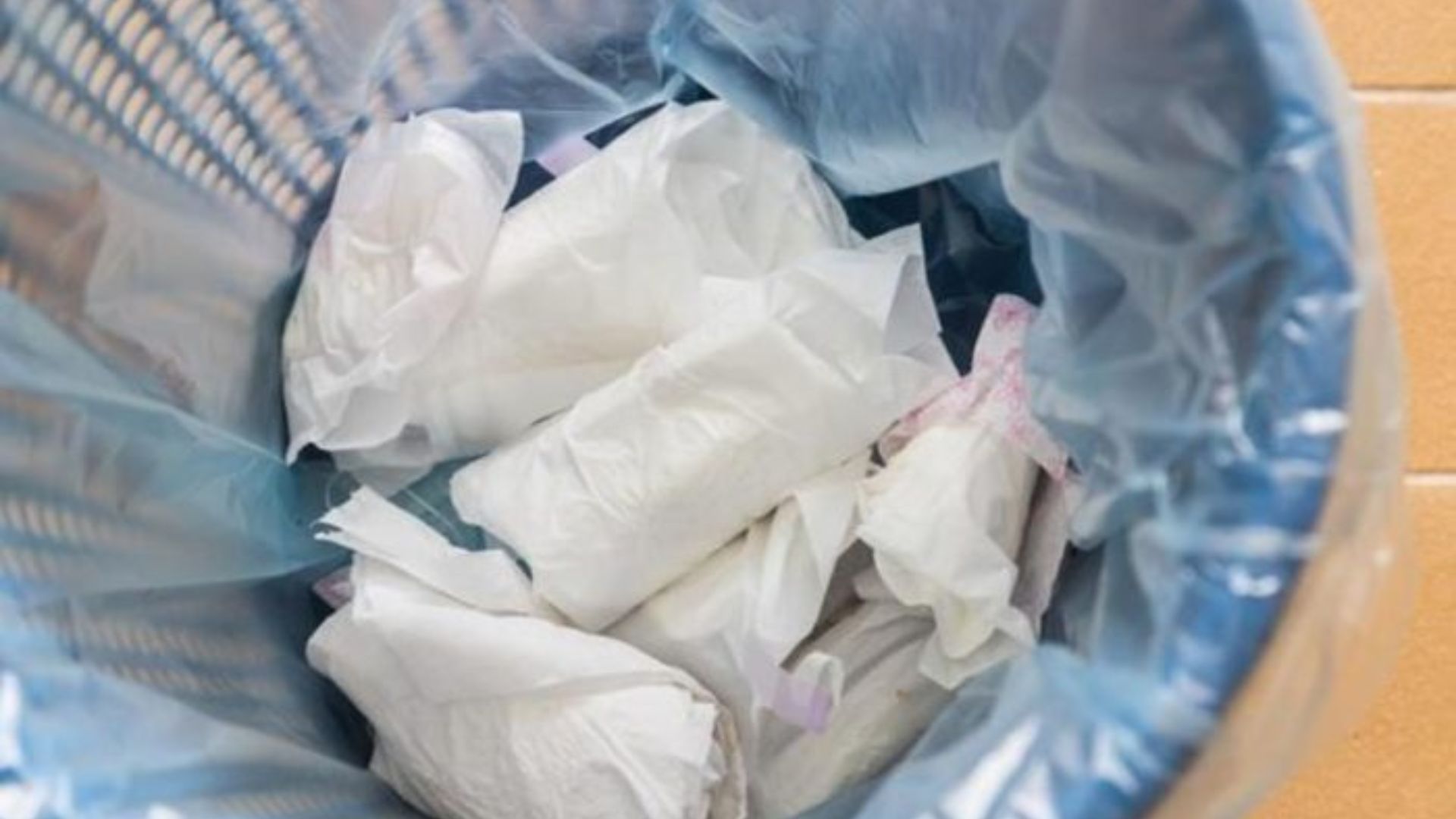As India grapples with the aftermath of World Menstrual Hygiene Day, celebrated annually on May 28, attention is drawn to a concerning environmental issue. The impact of sanitary pads on our ecosystems.
Sanitary pads and tampons have undoubtedly revolutionized menstrual hygiene practices in India, providing millions of women with a convenient and hygienic alternative to traditional methods. However, this convenience comes at a significant environmental cost, as disposable sanitary products contribute to a staggering amount of non-biodegradable waste.
According to the Menstrual Hygiene Alliance of India, the country discards a staggering 12 billion disposable sanitary napkins each year, the majority of which are composed of non-biodegradable materials such as polypropylene and superabsorbent polymers. These materials, commonly found in sanitary pads, pose a significant challenge to environmental sustainability, taking anywhere from 250 to 800 years to decompose.
Each disposed sanitary pad is akin to four plastic bags in terms of environmental impact, exacerbating the already pressing issue of plastic pollution. Furthermore, improper disposal practices lead to sanitary pads ending up in landfills and water bodies, contaminating both terrestrial and aquatic ecosystems.
As discarded sanitary pads degrade, they break down into microplastics, further contaminating soil and water systems. This poses risks to both environmental and human health, as microplastics have been found to accumulate in the food chain and impact biodiversity.
In addressing the challenge of sanitary waste management, India faces significant hurdles. While incineration is often touted as a solution, the scarcity of proper incineration facilities poses risks of releasing hazardous gases, including carcinogenic compounds like dioxin and furans, into the environment.
Efforts to mitigate the environmental impact of sanitary waste are underway, with initiatives promoting sustainable alternatives gaining traction. From biodegradable sanitary napkins to reusable cloth pads, menstrual cups, and menstrual underwear. A growing movement towards eco-friendly menstrual hygiene products can be witnessed.
While disposable sanitary pads have undoubtedly been instrumental in improving menstrual health outcomes for Indian women, the imperative to adopt sustainable alternatives has never been more pressing. As India navigates the intersection of menstrual hygiene and environmental sustainability, the shift towards eco-conscious practices emerges as a crucial step towards a cleaner and healthier future for all.










